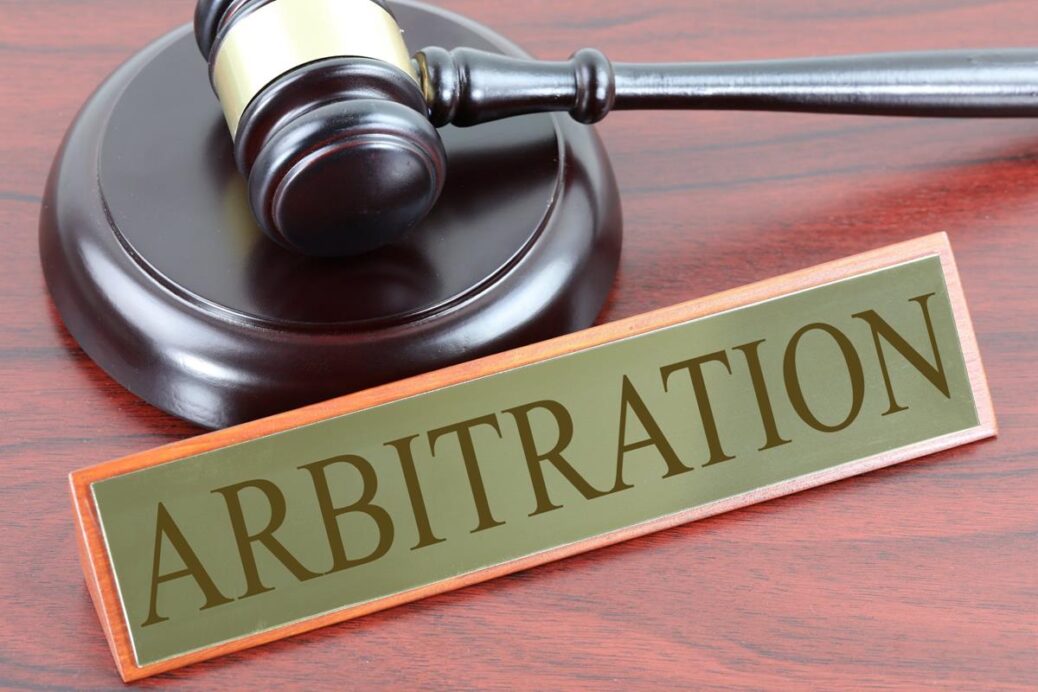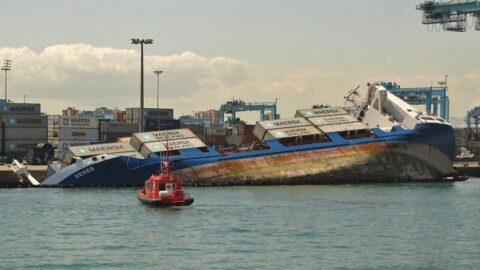Prof. William Tetley once stated that “the Jurisdiction clauses in Bs/L were actually limitation of liability clauses”. The Arbitration clauses inserted in most of the BIMCO printed forms provide for “english law to apply”, which will likewise apply where the clause merely mentions “Arbitration, if any, to be in London”.
In that way there can be litle doubt that Arbitration clauses as these appear in a large majority of shipping contracts are Common law clauses, that meaning, to put in simply, the provisions of english law and english caselaw. Whether or not, that is the law freely chosen by the parties is another issue, which would not deny the fact that the shipping parties usually govern themselves by english law to the extent of a rule of uniformity.The international pursuit for uniformity has not been achieved , and cannot probably be, through treaties, Conventions, uniform rules or other methods of general consensus better than the reference to english law in arbitration clauses materially does in practice.
The result is that the contracting parties become legally bound by rules and practice of english law, albeit it may not have any connection with the underlying business, by effect of the Arbitration clause, which in fact operates as “a choice of law clause”.To many living in other world locations such an approach may have little sense insofar as they would not regard english law to be an international uniform private Maritime Law, despite the fact that its leading benchmark is generally accepted as Shipping stands today.
By submitting their disputes to arbitration in London in accordance with english law, there are, indeed, important advantages, some of which shall be outlined as follows:
-a long and well-established law in the shipping market,
-well known and predictable (under expert advice),
– excellent Arbitrators and leading Association (LMAA),
– a traditional arbitration location, relied upon by most of the shipping business providers and international organisations.
– assisted by world-wide recognition and enforcement of awards.
There are some disadvantages and peculiarites to be mentioned as well, namely, the following:
-expensive and lawyers (solicitors and barristers) fees on the high side.
-bound to undergo long delays due to the arbitrators´ agenda.
-often complex and eventful in the matter of discovery of documents.
-subject to interim and incidental appeals and awards and to special case judicial review (except in the fora in which the award is final).
– general application of english law by the London-based Arbitrators.
-need to appoint english solicitor and, as a hearing is due, a barrister.
-general grant of time extensions by the tribunal on party request.
-interim measures and injunctions (Mareva, Anton Piller Order)
-post-Brexit effects over cross-border enforcement of resolutions.
In balance, maritime arbitration remains, today, to be the most chosen way for resolving disputes among shipping interests, and neither Court litigation nor another forms of ADR are yet a challenging option.
Mediation cannot be sought to play versus arbitration because, in the first place, is an option which can live with arbitration within the same settlement process (e.g., the Arbitration Clause in the NEWBUILDCON printed form), secondly, because while arbitration must always lead to an award, whether final or not, Mediation remains always flexible and optional for the parties to step out if the process is unsuccessful.
Why Mediation to the shipping disputes?.
-a Mediation process takes much shorter a time to conclude than an Arbitration.
-the costs involved are considerably lower than those in Arbitration.
-no appointment of lawyers is neither required nor necessary.
-Mediation efforts allow the parties to arrive at solutions unrelated to, and dettached from, any law framework, e.g., the renegotiation of a contract or the opening of new lines of business as part of a settlement agreement.The commercial interest is the key rather than the legal answer.
-it helps upkeeping joint business projects, which could otherwise go away by effect of a particular conflictive award after a fierce and costly battle in arbitration.
The shipping mediationhas latterly emerged because of two facts, namely,
1- the validity and enforceability of the “mediation agreement”, declared by the UE Directive 2008/52/CE and the UN Singapore Convention on Mediation of December 2018 (open to signature in Singapore in 2019 and entered into international force on the 12th December 2020).
2- the growing unrest in the shipping market out of the costs increase and the uneventful delay in the Arbitration cases, an 83% of which take place in London.
At an international level the following organizations engage in maritime mediation:
-the Centre for Efective Dispute Resolutions (CEDR), based in London, which already by 2002 listed up to 10 Shipping Mediators.
-the Maritime Solicitors Mediation Services (MSMS), based in London and founded by 19 english maritime law firms with a view to promoting quicker solutions through mediation to sea carriage and marine insurance disputes.
-the BIMCO, Copenhaguen, by providing standard forms suitable to ADR and Mediation Clauses, which specifically favour the use of mediation by means of “…if the other party does not agree to mediate, the fact may be brought to the attention of the (arbitral) tribunal and taken into account by the tribunal when allocating the costs as between the parties”.
-the London Maritime Arbitration Association (LMAA), which set up and makes available a full set of “mediation rules”.The SMA(New York), the Chambre Arbitrale Maritime (Paris) and the Hong-Kong Maritime Law Association (HKMLA, founded in 1978) also do.
-the International Conciliation and Mediation Panel (IMCAM Panel), founded in 2006 and based in London, lists some 26 shipping mediators of high international reputation on service to the international shipping community as a whole, among whom Jonathan Lux is to be outlined, having formed a world-wide mediation team called “Lux Mediation”, already with appointments in Europe, Asia and America.The IMCAM Panel has published its own set of rules, which suitably combine options to conciliation and mediation solutions.
Shipping Mediation, however, has disadvantages and could not be adequate wherever as follows,
-where the opposing side is a bad payer, untrustworthy or near-insolvent.
-where one of the parties seek to obtain an arbitration award as a legal guidance for future similar disputes.
-where there is a time-bar issue to protect against.
-where one party is in the need of interim or precautionary measures to be taken in order to save removal of documents or of relevant sources of evidence (in the event that the mediation fails to reach a settlement).
-where facts or information disclosable during the mediation process may be of use at other subsequent proceedings, the mediation being absolutely confidential.
Then, Arbitration or Mediation for shipping disputes?. Both methods can live together, each one according to the purposes and financial capability of the parties, should be perhaps the correct answer. Yet, the development and accountability of Arbitration clauses in shipping forms and the recent BIMCO´s support to four recommended fora (London,New York, Singapore and Hong-Kong) do not suggest that Mediation might yet soon run on equal footing.
.José Maria Alcántara.








